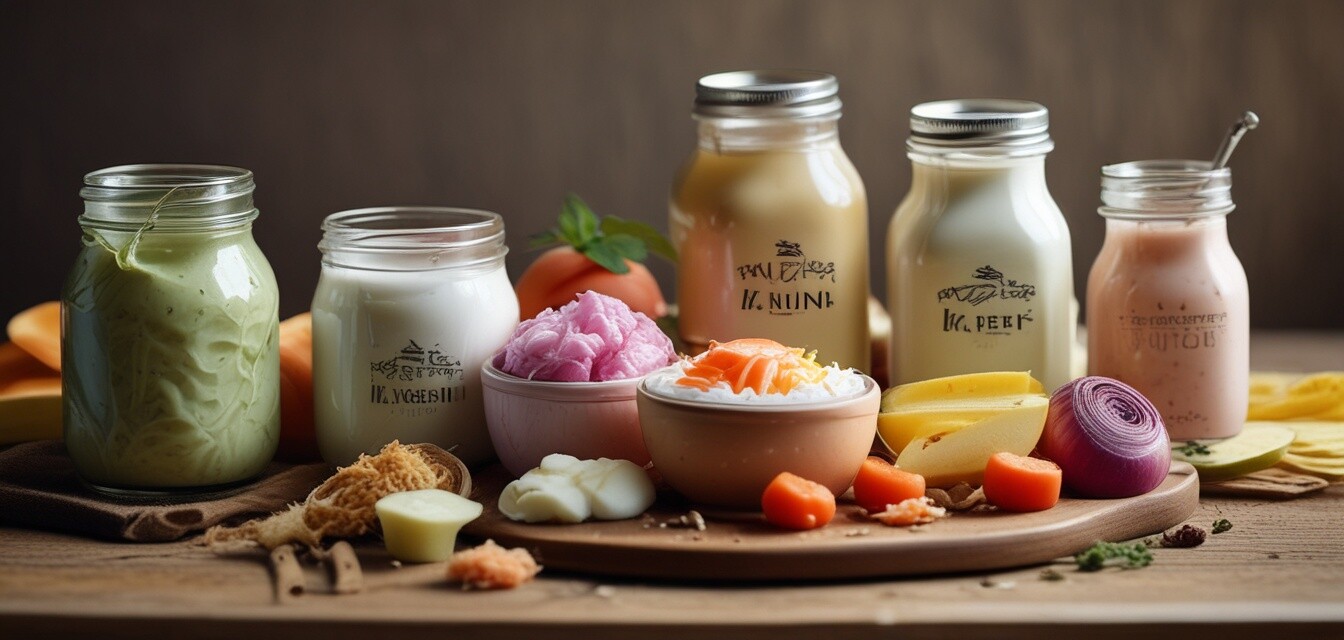
The Power of Probiotics in Managing Allergies
Key Takeaways
- Probiotics are beneficial bacteria that may help in managing allergies.
- Incorporating probiotic-rich foods into your diet can improve gut health.
- Regular consumption of probiotics may lead to a reduction in allergy symptoms.
- Probiotics are found in foods like yogurt, kefir, and fermented vegetables.
- Consulting with a healthcare professional is advisable before making dietary changes.
Managing seasonal allergies can often feel overwhelming, but incorporating probiotics into your diet is one effective strategy that many have found to be beneficial. These live microorganisms, found in various foods and supplements, can support gut health and enhance your body's natural defenses.
Understanding Probiotics
Probiotics are live bacteria and yeasts that are good for your health, particularly your digestive system. They are often referred to as “good” or “helpful” bacteria because they help keep your gut healthy. Depending on the strain and individual response, probiotics may help your immune system function better and potentially assist with managing allergy symptoms.
How Probiotics Work
The effectiveness of probiotics in managing allergies may stem from their ability to:
- Enhance immune response.
- Modulate inflammation.
- Support healthy gut flora.
Incorporating Probiotics into Your Diet
When it comes to adding probiotics to your diet, there are various sources to choose from. Here’s a table that outlines some common probiotic-rich foods:
| Food | Description |
|---|---|
| Yogurt | Fermented milk product that contains live cultures. |
| Kefir | A tangy, fermented drink made from milk or water, rich in probiotics. |
| Sauerkraut | Pungent fermented cabbage that offers probiotics and vitamins. |
| Kimchi | Spicy, fermented vegetables, primarily cabbage, popular in Korean cuisine. |
| Tempeh | Fermented soy product that provides protein and probiotics. |
| Pickles | Fermented cucumbers that can offer health benefits when made naturally. |
Daily Tips for Using Probiotics
Here are some practical tips on how to include probiotics in your daily routine:
- Add a serving of yogurt to your breakfast.
- Swap sugary drinks with kefir to diversify your probiotic intake.
- Incorporate sauerkraut or kimchi as a side dish during meals.
- Experiment with plant-based options like tempeh in salads or stir-fries.
- Prioritize foods labeled with “live and active cultures” for maximum benefits.
Pros
- Supports gut health.
- May help reduce allergic reactions.
- Offers additional nutrients.
Cons
- Not all probiotics are created equal; effectiveness varies by strain.
- Some individuals may experience digestive discomfort initially.
- Requires consistent incorporation into the diet for best results.
Consulting with Healthcare Professionals
It’s essential to remember that while probiotics may offer several benefits, they are not a standalone solution for managing allergies. Always consult with your healthcare provider or a registered dietitian before significantly altering your diet or relying on probiotics as a primary treatment option.
Conclusion
Integrating probiotics into your diet may provide you some relief from allergy symptoms while promoting overall health. By incorporating various probiotic-rich foods, you’ll have flexibility and enjoy a variety of flavors in your meals. For ongoing advice and strategies on managing seasonal allergies, consider exploring our tips and best practices for helpful information.